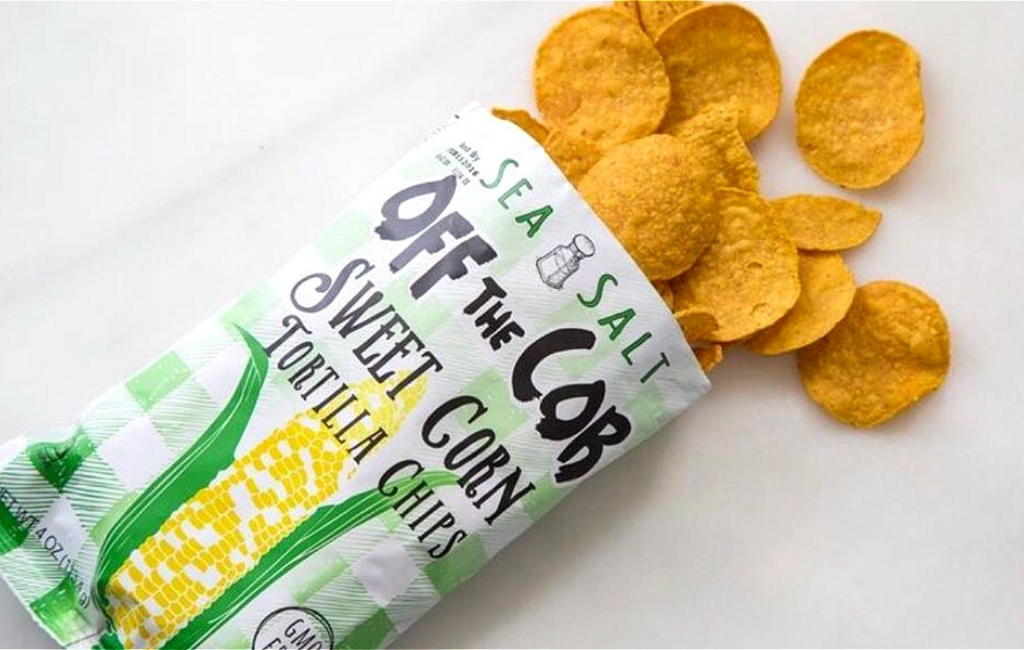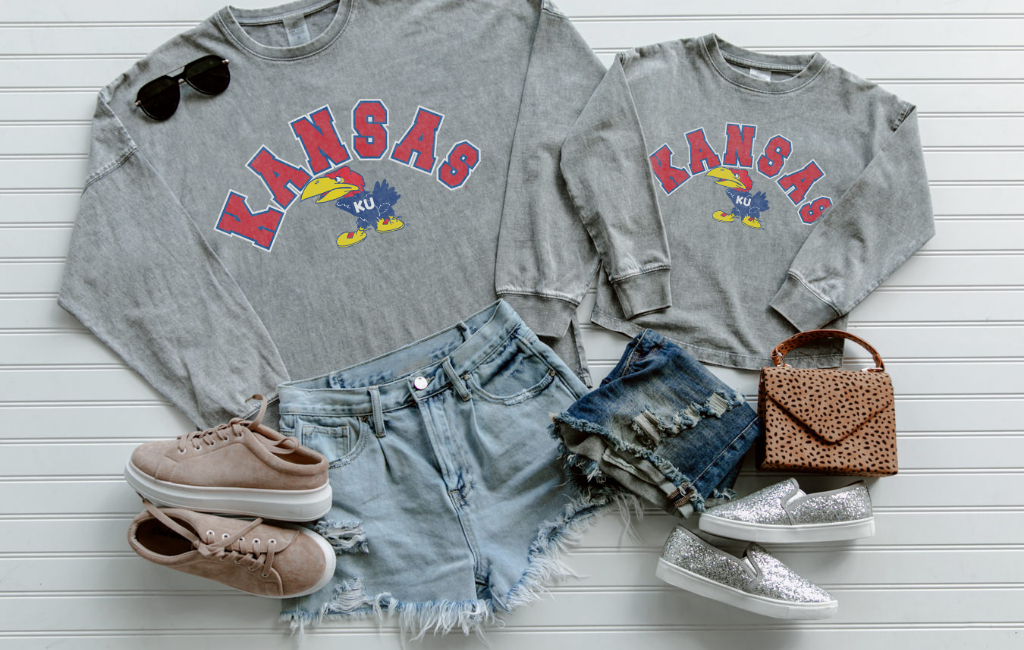Biaggi – Foldable Luggage
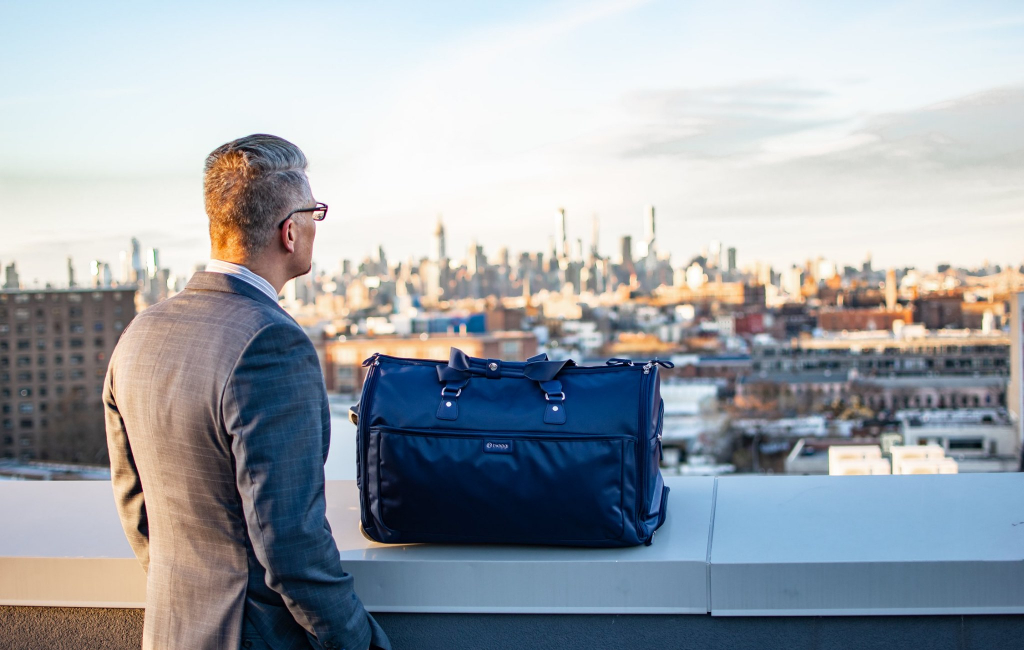

DEAL
EPISODE SUMMARY
🕓 Air Date: December 5, 2014
Asking For:
$500,000 for 30%
Investor:
Lori Greiner
Deal:
$500,000 for 33%
PRODUCT SUMMARY
Biaggi Luggage is a foldable luggage solution, utilizing hinge-lock technology for easy storage under beds or on shelves.
WATCH HERE
IN A RUSH?
Click these to jump to the section you want to read.
Background Story
Stephen Hersh, hailing from Brooklyn, New York, is the brains behind Biaggi, a revolutionary luggage company that aims to solve the perpetual problem of storage space for travelers. Drawing from a rich entrepreneurial history, Hersh’s previous venture involved the successful sale of the handbag business, Rosetti, for an impressive $162 million. Despite not directly benefiting from that windfall, Hersh decided to embark on a new journey in the luggage industry. The inception of Biaggi stemmed from the recognition that conventional luggage consumes an exorbitant amount of living space.
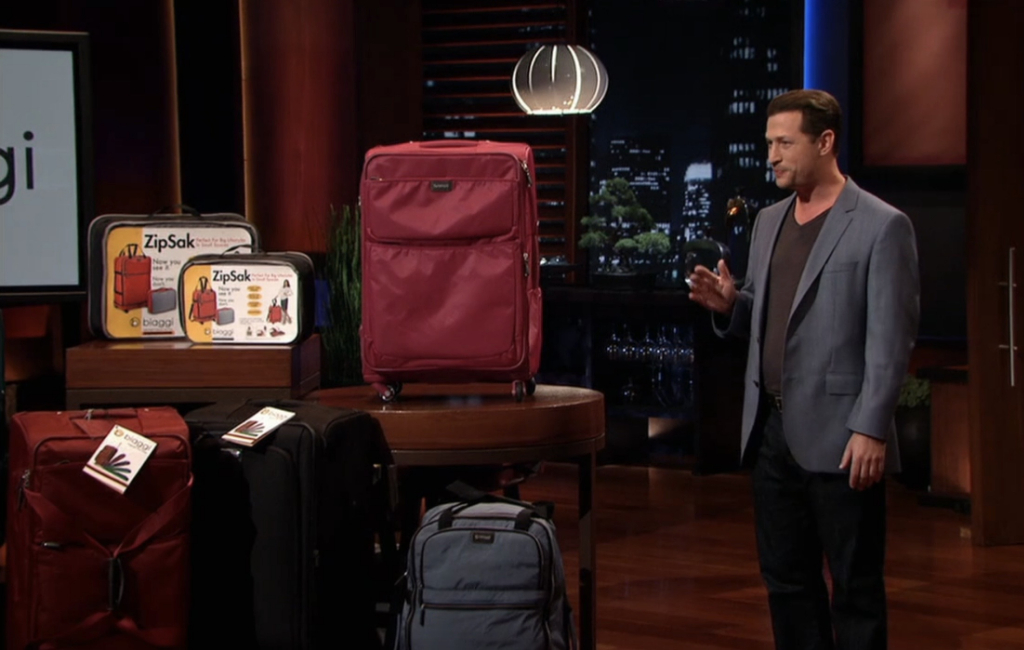
Whether residing in a house, condo, or apartment, the challenge of finding adequate storage for luggage is a universal woe. Inspired by this dilemma, Hersh conceptualized Biaggi Luggage, a brand with a unique selling proposition – foldability. Leveraging hinge-lock technology, Biaggi’s suitcases offer both sturdiness in use and compactness in storage, fitting seamlessly under beds or on shelves. The entrepreneurial journey wasn’t without its share of hurdles. The company invested a significant $3.5 million upfront, learning valuable lessons along the way.
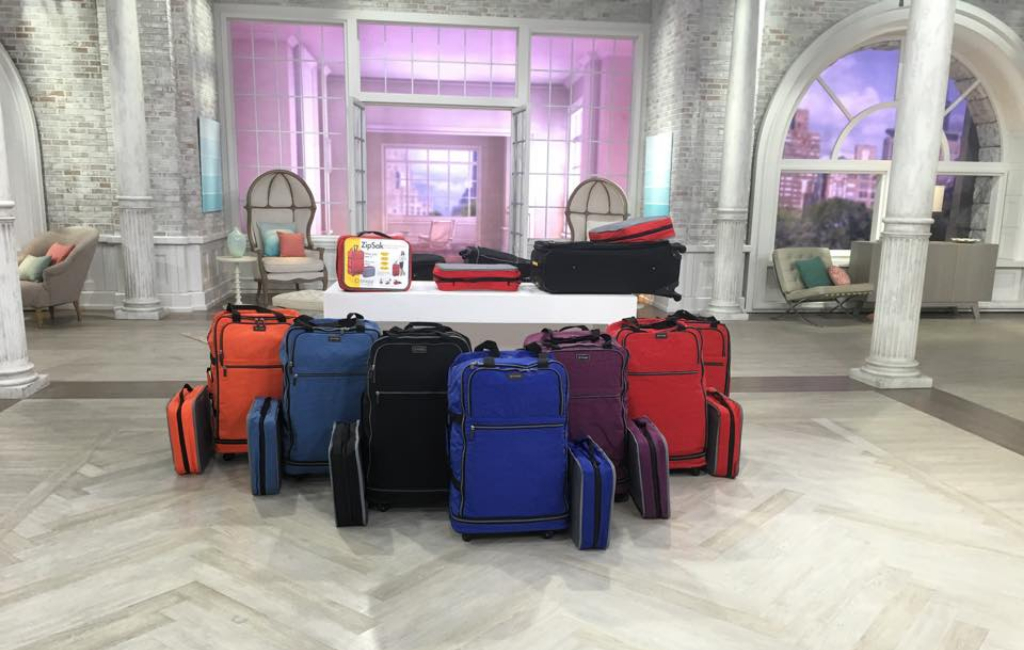
Notably, the initial misstep of mass inventory acquisition led to challenges in consumer education about the foldable feature. Despite hitting a roadblock and having to liquidate inventory, Biaggi’s resilience is evident. Hersh’s family and a long-time partner, integral to their previous success in the handbag industry, rallied behind the venture, emphasizing a collective commitment to Biaggi’s vision. This background story not only outlines the inspiration behind Biaggi but also underscores the founder’s experience and the tenacity required to navigate the competitive landscape of the luggage industry.
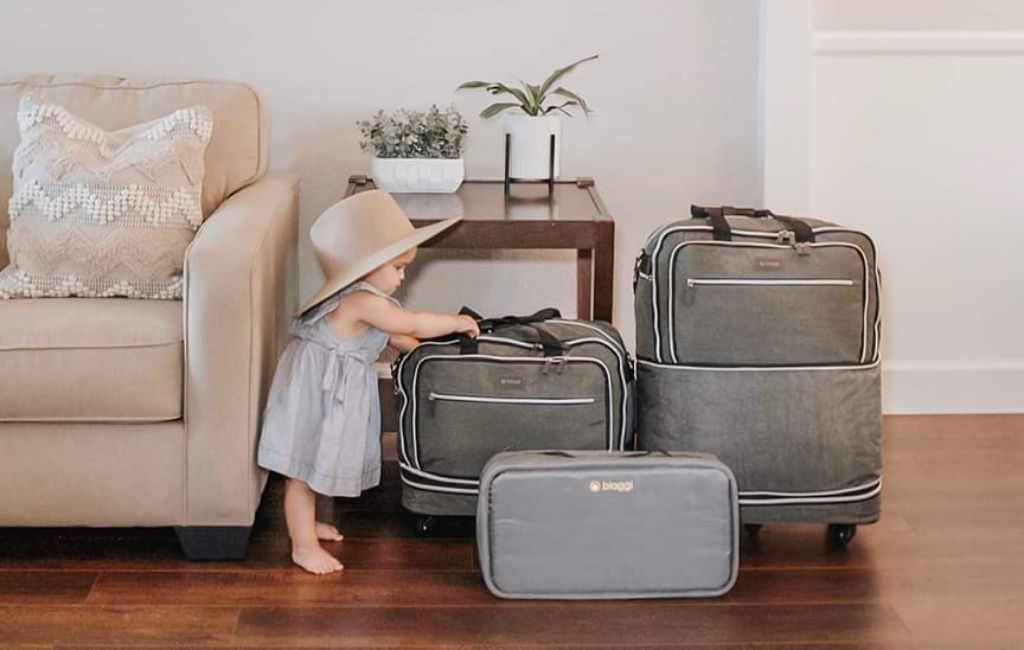
The Product
Biaggi Luggage, the brainchild of Stephen Hersh, is a game-changer in the travel accessory industry, addressing the perennial challenge of luggage storage with innovative design and functionality. The flagship product, the Zipsak, utilizes hinge-lock technology to seamlessly transform from a full-sized, four-wheeled spinner into a compact, easily storable pouch. This unique feature ensures that Biaggi’s luggage not only serves its purpose during travel but also maximizes living space when not in use.
The Zipsak’s design guarantees sturdiness in use, ensuring that it can withstand the rigors of travel while maintaining an ability to fold flat when needed. Its lightweight construction adds to the convenience for travelers, allowing them to pack efficiently without compromising on durability. The product’s versatility is further accentuated by its easy storage under beds or on shelves, making it an ideal choice for those with limited space.
Biaggi Luggage is available for purchase through various channels, catering to both wholesale and retail markets. The wholesale price starts at $62, with a retail price of $269 for the largest size. This pricing strategy positions Biaggi as a competitive player in the luggage market, offering a balance between affordability and premium quality. Whether purchased directly through the company’s channels or through retail partners, Biaggi Luggage stands out as a functional and space-saving solution for travel enthusiasts.
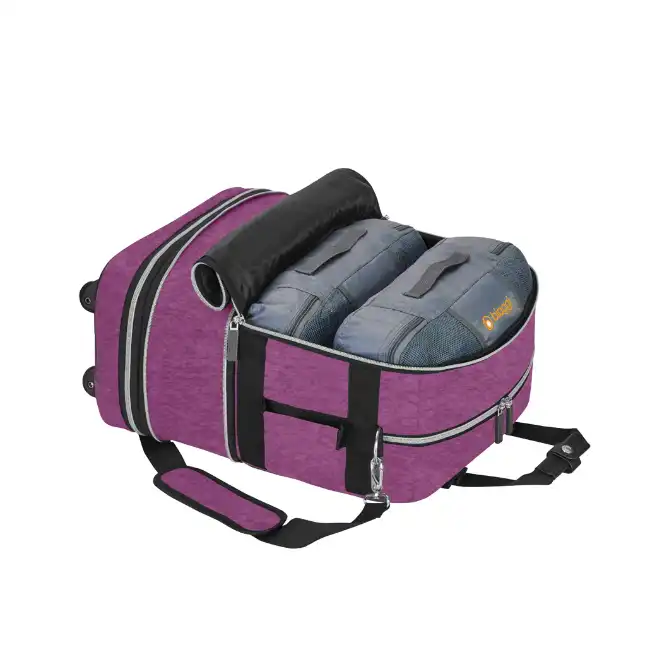
How It Went
The company’s position before Shark Tank
Biaggi, led by Stephen Hersh, has showcased commendable resilience and growth since its inception. The company’s financial health and market position are noteworthy, having generated $2.5 million in sales within the first two years. However, this success was not without challenges, as consumer education about the unique foldable feature proved to be a hurdle. The decision to pause manufacturing temporarily allowed the company to address these issues and strategize for future success. Biaggi has secured partnerships with major department stores, showcasing the product in 100 stores with two lines.
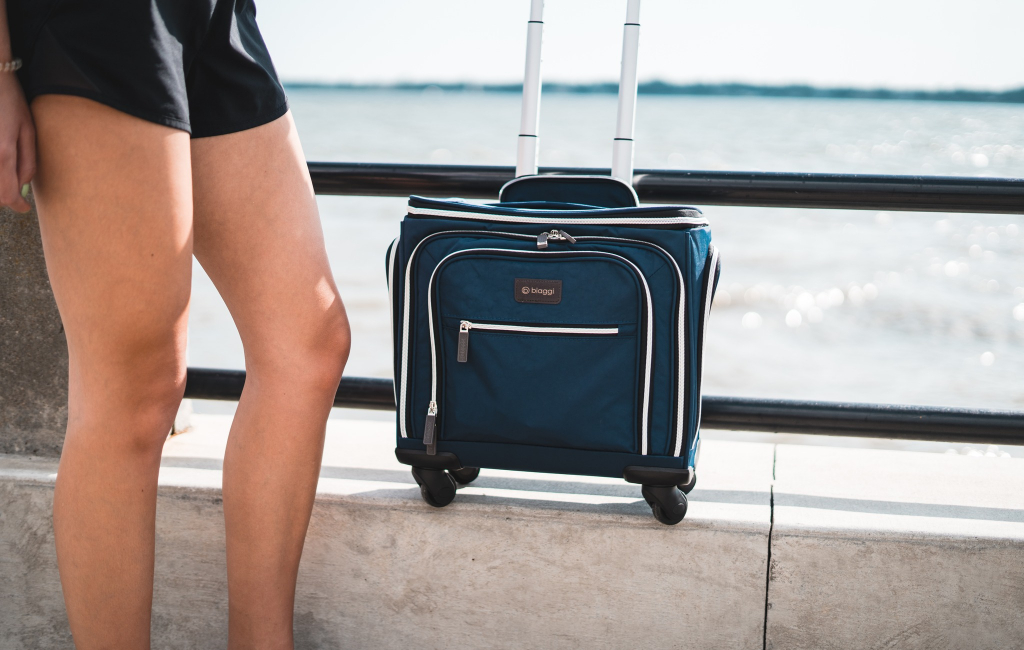
The company has adopted a dual-channel approach, catering to both wholesale and retail markets. Biaggi’s wholesalers include larger department stores, providing them with widespread visibility. However, challenges with consumer education on the floor have prompted a reassessment of their strategy. Biaggi’s customers span travel enthusiasts and individuals seeking space-saving luggage solutions. The company’s initial success is evident in its $2.5 million in sales, indicating a positive reception from its target market. In terms of funding, Biaggi received a substantial initial investment of $3.5 million, contributed by Stephen Hersh, his family, and a long-time partner.
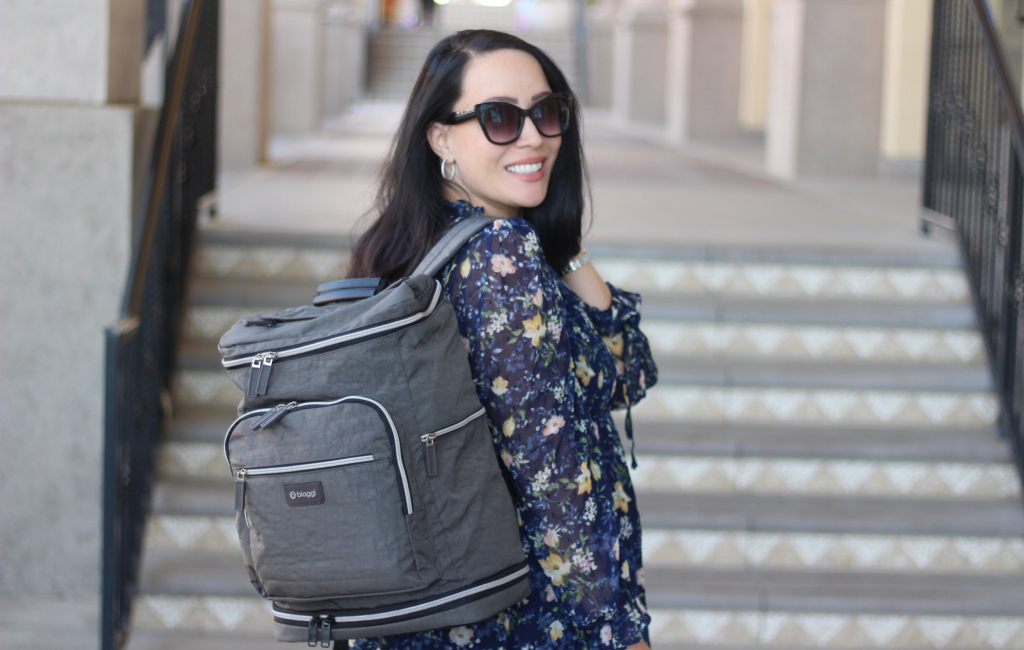
This injection of capital allowed the company to establish itself in the competitive luggage industry. The current company structure is founded on the collaborative efforts of Stephen Hersh, his family, and the long-time partner from their previous successful venture, indicating a close-knit and experienced team at the helm. The temporary manufacturing pause demonstrates the company’s commitment to product refinement and adaptation to market demands, positioning Biaggi for continued success in the travel accessory industry.
The Negotiations:
During the “Shark Tank” negotiations, Stephen Hersh entered seeking a $500,000 investment in exchange for a 30% stake in his company, Biaggi. The pitch centered around Biaggi’s innovative foldable luggage, addressing the perennial problem of storage space for travelers. Damon John and Lori Greiner both expressed interest in the product and engaged in a competitive bid to secure a deal with Hersh. Damon John made the initial offer, proposing the requested $500,000 for a 33% equity stake in Biaggi. He emphasized his experience in retail partnerships and the potential for Biaggi’s growth in that sector.
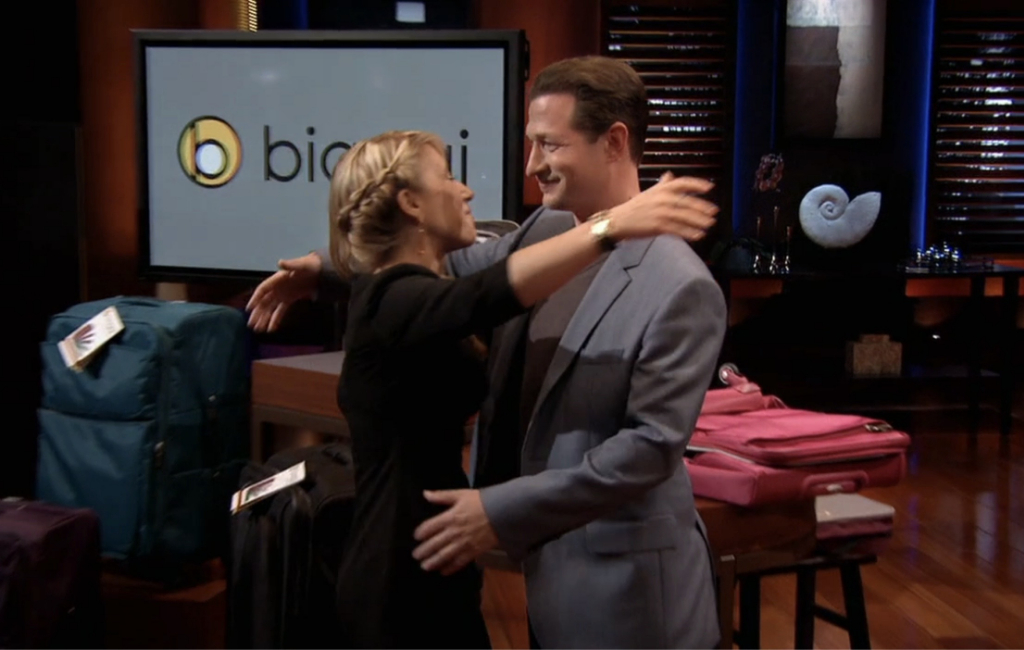
Lori Greiner, recognizing the value of the product in the QVC and HSN markets, quickly matched Damon’s offer of $500,000 for 33%. The negotiation turned into a high-stakes beauty contest between the two Sharks. Stephen, appreciating both offers, expressed a desire to consider the options. However, sensing the urgency, Damon John gave him a 20-second ultimatum to accept the offer on the spot. In a surprising turn of events, Stephen decided to step out and make a phone call to deliberate on the offers. After a brief interlude, Stephen returned, revealing that he had two identical offers on the table.
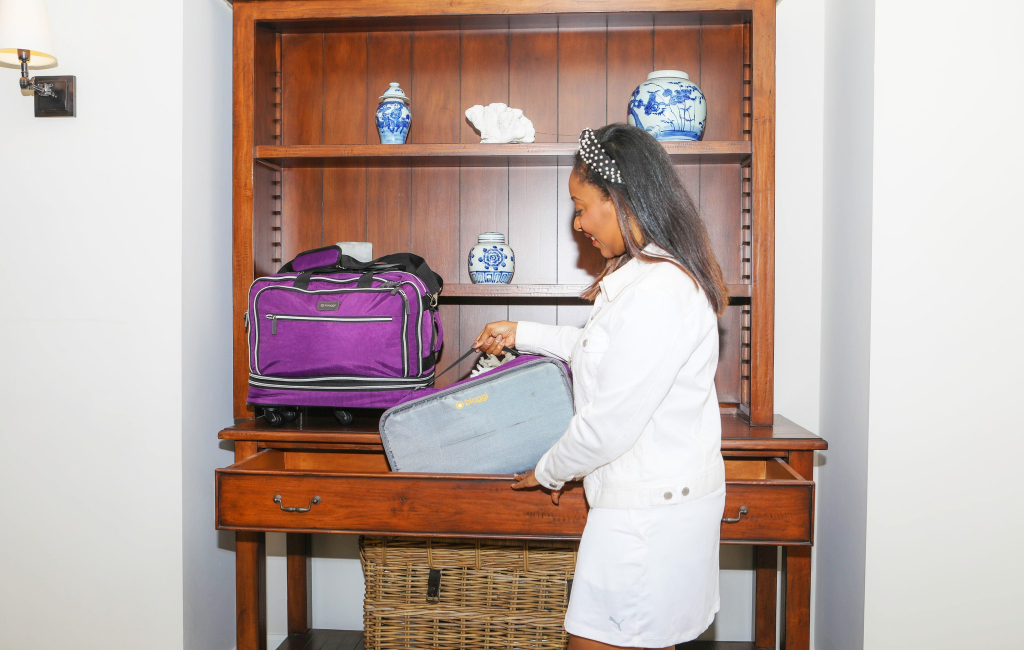
Despite being tempted by Damon John’s offer, he ultimately chose Lori Greiner. Stephen highlighted Lori’s existing customer base, particularly in the luggage category, as a key factor in his decision. The negotiations showcased the competitive nature of the Sharks, each emphasizing their strengths and unique selling points. Ultimately, the deal was sealed with Lori Greiner, positioning Biaggi for further growth and market penetration through her expertise in the QVC and HSN markets.






